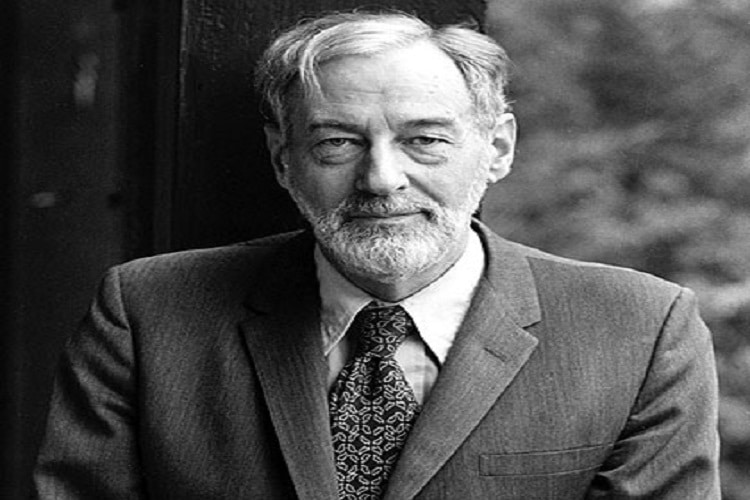Tjalling Koopmans: Architect of Economic Theory’s Foundations

Tjalling Koopmans (August 28, 1910 – February 26, 1985) was a Dutch-American mathematician and economist.
Life and Career
Tjalling Koopmans was born on 28 August 1910, in ‘s-Graveland, Netherlands. Koopmans’ academic journey was marked by his commitment to economics and mathematics. He delved into various aspects of economic theory, focusing on optimization and decision-making. His interdisciplinary approach set the stage for his later contributions to both fields.
Tjalling Koopmans’ career flourished in academia and research. He held positions at renowned institutions such as Yale University, where he became a professor in 1948. His work centered on the development of mathematical models to analyze economic systems, particularly in relation to resource allocation, production, and consumption. He made significant contributions to general equilibrium theory, linear programming, and dynamic programming, which had profound impacts on economics and operations research.
Tjalling Koopmans passed away on 26 February 1985, in New Haven, Connecticut, United States.
Award and Legacy
Tjalling Koopmans was awarded the Nobel Prize in Economic Sciences in 1975. He shared this honor with Leonid Kantorovich for their achievements in the field of optimal resource allocation.
Koopmans’ legacy is firmly rooted in his pioneering contributions to mathematical economics. His rigorous approach to modeling economic processes revolutionized the way economists analyze and understand complex systems. His ideas have become fundamental to modern economics, shaping research in areas such as game theory, mathematical programming, and economic dynamics.
Observer Voice is the one stop site for National, International news, Sports, Editor’s Choice, Art/culture contents, Quotes and much more. We also cover historical contents. Historical contents includes World History, Indian History, and what happened today. The website also covers Entertainment across the India and World.

